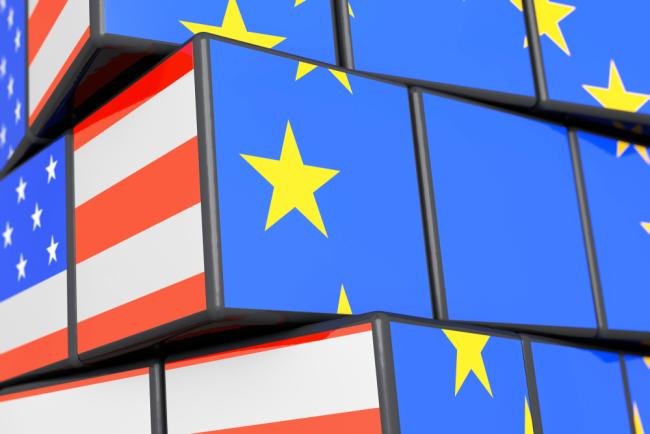The Political Consequences of Economic Sanctions on the Transatlantic Relationship

Practical information
A "Les Jeudis de l'Ifri" videoconference around Rawi ABDELAL, Professor at Harvard Business School.

Sanctions have become the dominant tool of statecraft of the United States and the European Union, since the end of the Cold War. However, the systematic use of this instrument may produce unintended and somewhat paradoxical geopolitical consequences. The sanctions imposed on the Islamic Republic of Iran and the Russian Federation in the field of energy are particularly illustrative of this phenomenon. Have they fueled convergence or divergence between the US and the EU?
Rawi Abdelal is the Herbert F. Johnson Professor of International Management at Harvard Business School and the Director of Harvard’s Davis Center for Russian and Eurasian Studies. Abdelal is an expert on globalization, geopolitics, and political economy. He is currently at work on two projects. One project, The Fragile State of the World, explores the inter-related challenges that undermined the first era of globalization, circa 1870-1914, and which threaten to destroy the current age of global capitalism. The second project, The Profits of Power, explores the geopolitics of energy in Europe and Eurasia.
This debate is for corporate members only.
Speakers
Find out more
Sanctions and the End of Trans-Atlanticism. Iran, Russia, and the Unintended Division of the West
Sanctions have become the dominant tool of statecraft of the United States and other Western states, especially the European Union, since the end of the Cold War.
Related Subjects
Other events

EV Supply Chains for Japan and Europe: Strengthening Economic Security
Economic security aims to ensure the resilience of supply chains for key industries: the case of electric vehicle production in Japan and Europe will be discussed.







